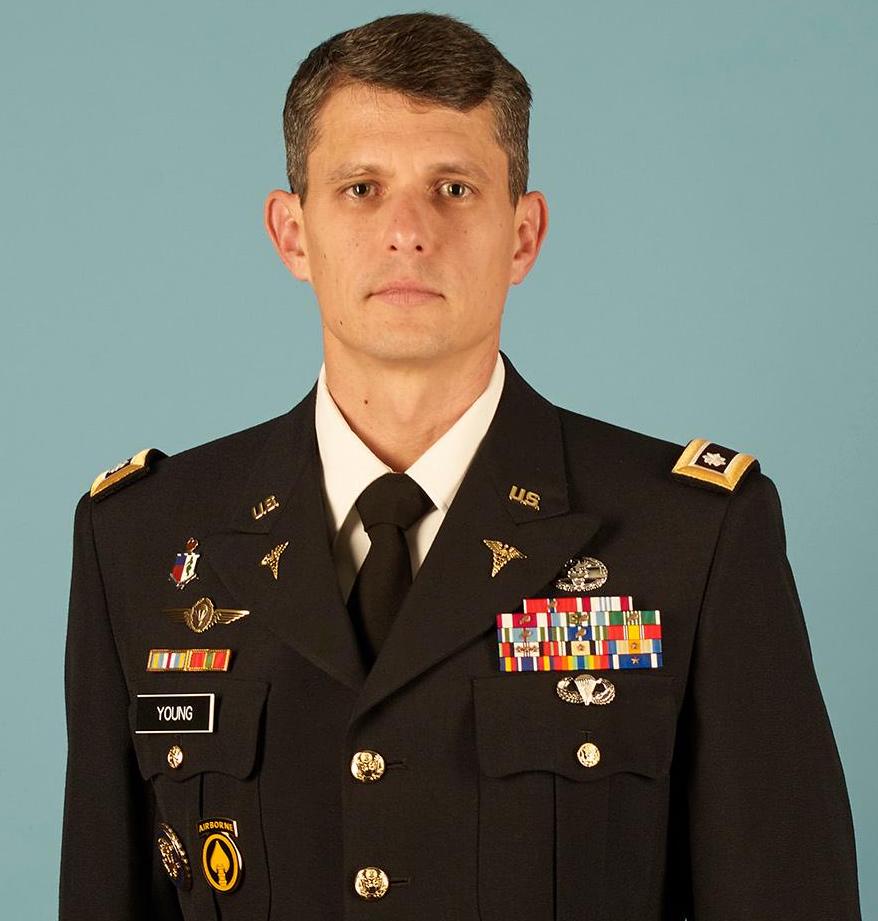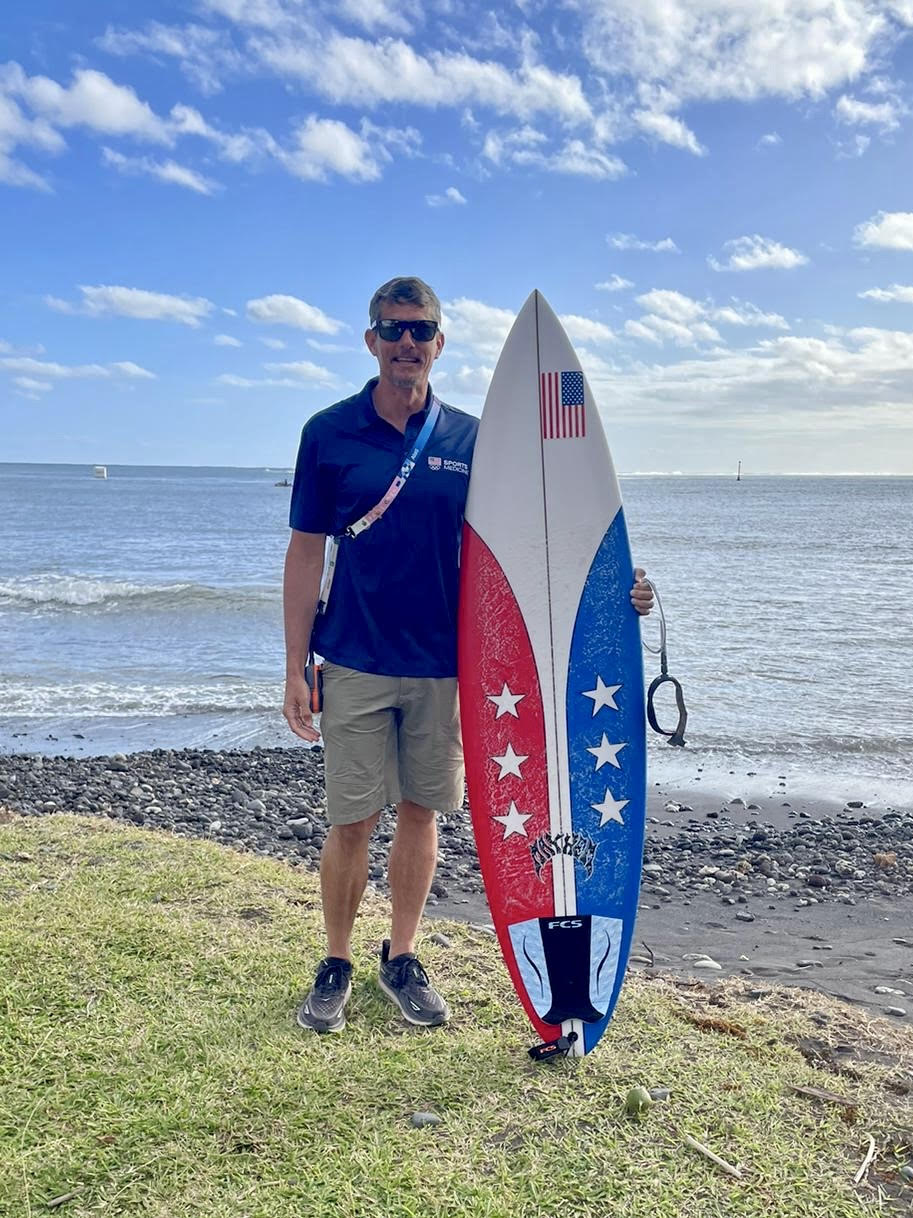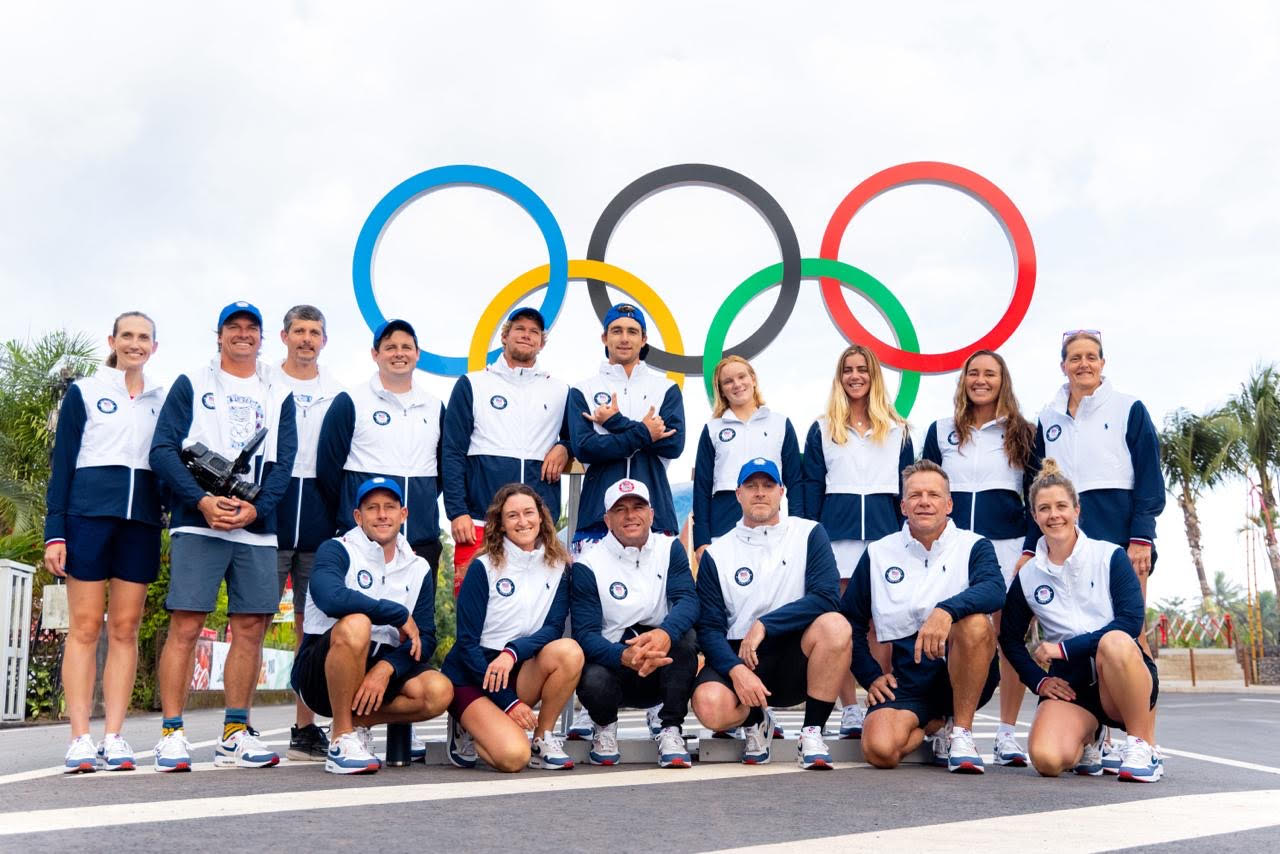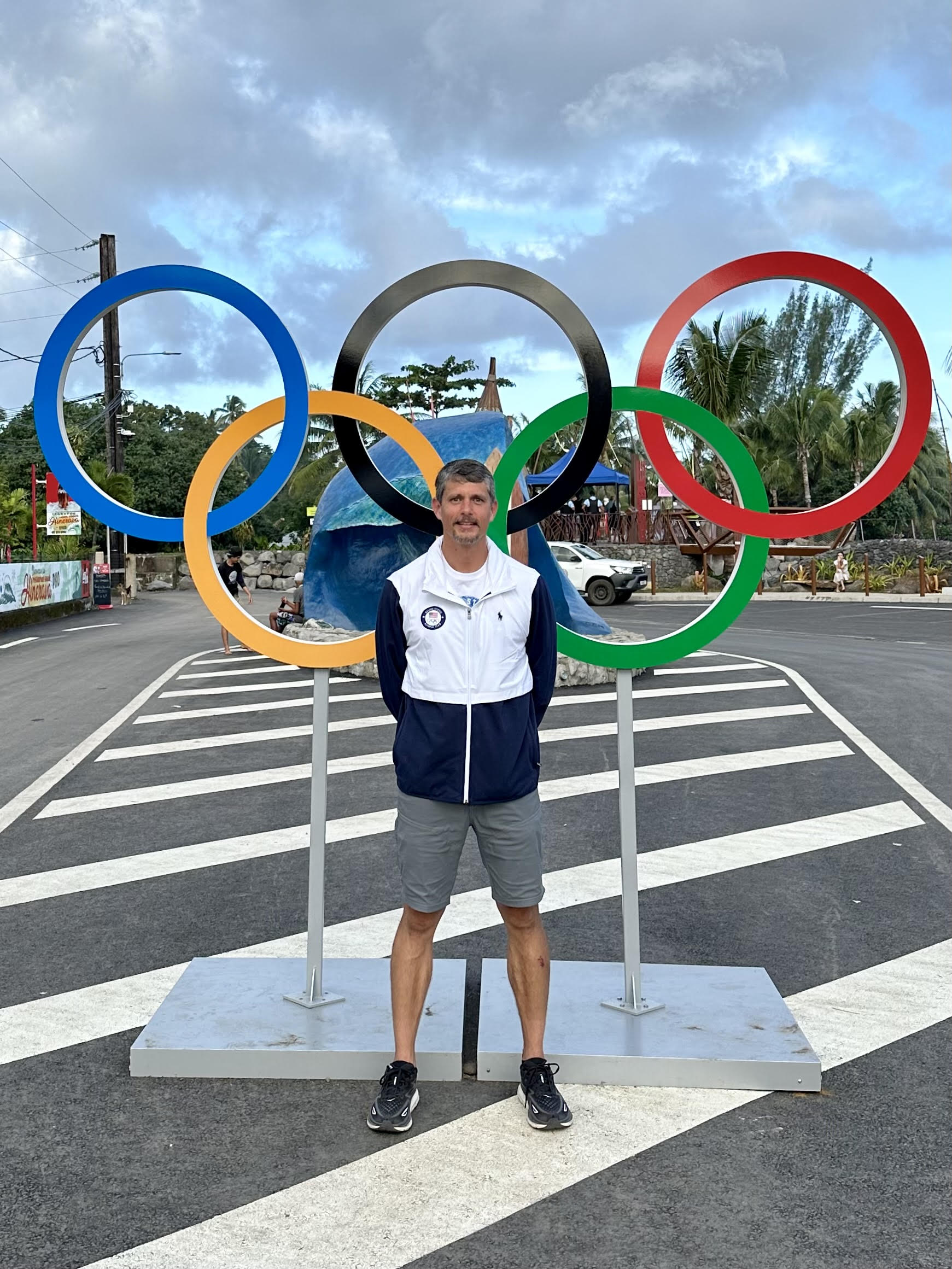
Treating Team USA: Dr. Young reflects on time as team physician during Paris Olympics

 While the world tuned in to watch athletes compete in the 2024 Paris Olympics, Dr. Scott Young enjoyed a front-row seat from the sand. As the official team physician for Team USA Surfing, Young was based in Teahupo'o, Tahiti, where the surfing events took place.
While the world tuned in to watch athletes compete in the 2024 Paris Olympics, Dr. Scott Young enjoyed a front-row seat from the sand. As the official team physician for Team USA Surfing, Young was based in Teahupo'o, Tahiti, where the surfing events took place.
So how does one secure a spot serving Team USA? Young explained that it’s all volunteer-based and depends on your experience.
“To be involved in the Olympics, there are a few different routes. It primarily starts with volunteering with the U.S. Olympic & Paralympic Committee (USOPC). You apply, and once screened, you’ll spend some time in Colorado Springs at the Olympic Training Center taking care of their athletes,” said Young.
Once you understand their program and process, you can get involved with specific organizations, such as USA Swimming or, in Young's case, USA Surfing. He’s no stranger to serving athletes, having previously participated in the Paralympic Games in South Korea and Tokyo.
Young was a perfect fit for this year's games due to his background. He completed his residency training in the military and served for 21 years, during which he also completed a primary care sports medicine fellowship.
“Tahiti is amazing but relatively austere, with limited medical resources in some unique situations. The USOPC was looking for a physician with both significant emergency and sports medicine experience. I’m likely one of the few on their roster who fit that bill,” said Young.

During training, Young served as the primary medical asset for Team USA, handling injuries in the field of play, which for surfing meant being on a jet ski at the wave break. Once the games began, Young and other medical resources were centralized due to the lack of on-site medical support from some countries.
Given surfing’s high risk, the Olympic Committee ensured robust medical resources, including aeromedical evacuation services and a large resuscitation station at the surf break. Thankfully, these resources were not needed as no significant injuries occurred.
 Young, however, did not emerge unscathed.
Young, however, did not emerge unscathed.
“The most interesting thing I treated in Tahiti was probably myself,” Young joked. “I got bit by a dog, and it was probably one of the worst injuries.”
Despite that, Young describes being at the games as a surreal experience.
“It’s just amazing to see them perform their sport, especially in such a high-risk wave like Teahupo'o. Anyone who knows about surfing understands the significance of that wave to the community,” said Young.
Young credits his emergency medicine background for leading him to opportunities like the Olympics and Paralympics. He advises students considering their careers to keep the specialty in mind.
“Emergency medicine is a great path to sports medicine and offers many opportunities, some of which you can’t even dream of, like going to Tahiti and taking care of pro surfers as part of the Olympics,” said Young.






